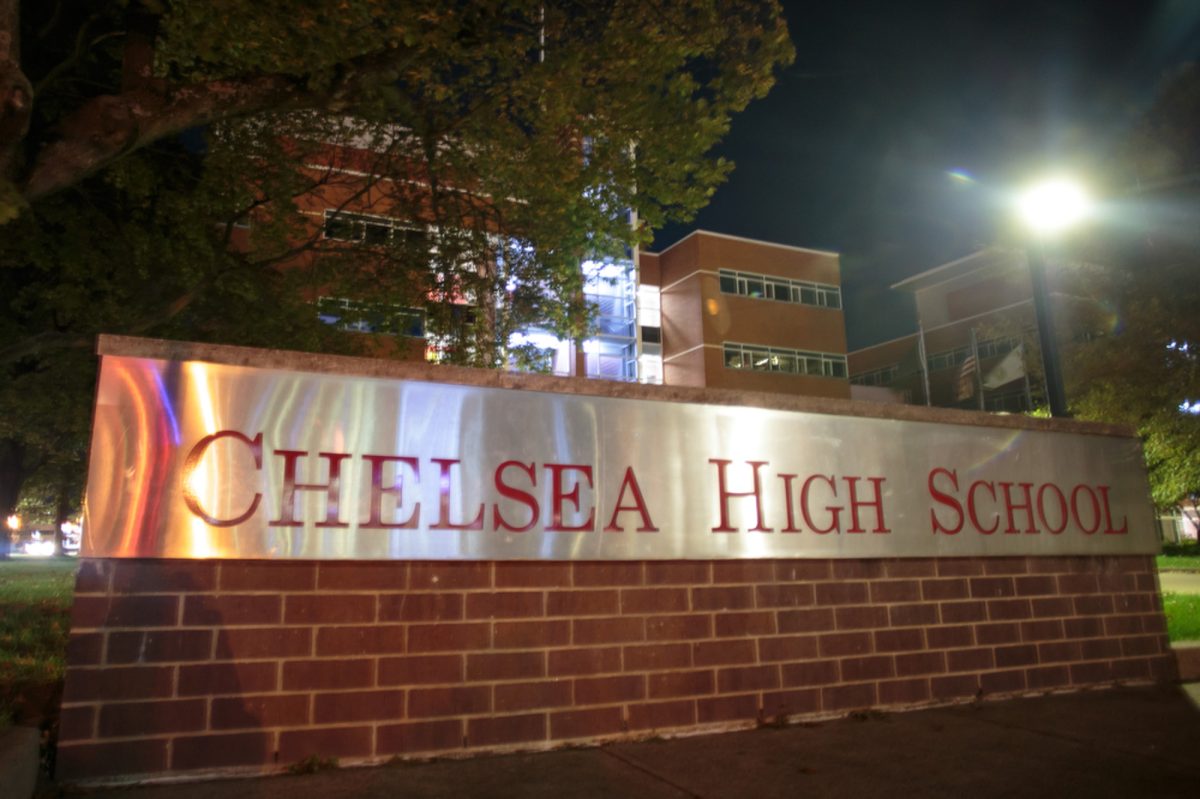Judge Rosemary Connolly partially denied Boston University’s motion to dismiss a sexual assault lawsuit from a California woman who said she was “groomed and sexually assaulted” by a Chelsea High School teacher in the late 1980s, when BU managed the school district.
Connolly, of the Suffolk County Superior Court, ruled in favor of denying the City of Chelsea’s motion to dismiss the lawsuit on March 21, 2024. Connolly also partially denied BU’s motion to dismiss the lawsuit under claims of untimeliness and negligence.
The lawsuit, initially filed in December 2022 by the plaintiff under the pseudonym “Jane Doe No. 99,” alleged Paul Cheffi, a science teacher employed by Chelsea High School until 1990, sexually abused her in 1986 when she was 14 years old.
The civil complaint claimed Cheffi “began to groom her for sexual activity” shortly after Doe’s 14th birthday, and Cheffi sexually assaulted her throughout her four years of high school until 1990.
In addition to Cheffi, Doe sued the City of Chelsea and Boston University for negligence and alleged violations to the Massachusetts Fair Educational Practices law.
Officially known as “Boston University/Chelsea Partnership,” BU took over management of the Chelsea Public School district in 1988 after the school faced severe underfunding and low graduation rates, according to BU Today. The agreement lasted 20 years.
It wasn’t until 2022 when Doe became aware the sexual assaults were “known and widely discussed at the High School, and also outside of the High school by peers at other schools,” according to documents filed by Carmen Durso, an attorney representing Doe.
Doe alleged that at all times, neither Chelsea High School administrators nor BU staff members scrutinized Cheffi’s inappropriate relationship with her or took any action against Cheffi, “despite frequent public displays of affection,” as some of the assaults occurred on school grounds.
Doe said she learned a friend was warned by a teacher that she “would get in trouble if she didn’t stop talking about it,” according to the case.
BU appeared in court in October 2023 to argue a motion to dismiss the case. Cheffi denied all allegations against him, according to his attorney James Cipoletta.
Connolly denied BU’s motion to dismiss, which BU argued Doe’s claims were “untimely” and argued she sued without first filing her claim with the Massachusetts Commission Against Discrimination.
“There is no MCAD filing requirement for a student alleging a violation of G.L. c. 214 [which protects the right to freedom against sexual assault] who was not an applicant to a school at the time of the alleged sexual assaults nor was enrolled as a vocational student,” Connolly wrote in her decision.
Connolly decided the claim may proceed “without [the plaintiff] filing her claim in the MCAD.”
Connolly also found the City of Chelsea liable for negligence based on the allegations in the complaint, as the woman’s claim was based on the alleged conduct of a public employee.
However, Connolly dismissed the negligence claim against the University.
“There is no indication in Doe’s complaint that Boston University engaged in ‘wanton or malicious’ conduct,” Connolly wrote in her ruling, which cited a 1989 act that provided the University immunity from liability for torts.
BU Spokesperson Colin Riley declined to comment on legal matters on behalf of BU’s Office of the General Counsel.
The City of Chelsea filed an appeal to the denial of Chelsea’s motion to dismiss the claims of negligence, citing immunity under the Massachusetts Tort Claims Act, according to the Massachusetts State Court Database.
The plaintiff’s claims of the city violating her G.L. c. 214 right is anticipated to be further reviewed by the City of Chelsea, given the motion to dismiss the appeal.
Oral arguments were completed April 2, and the case is currently under advisement in the Massachusetts Appellate Courts.
Strephon Treadway, assistant city solicitor for the City of Chelsea, argued public employees’ misconduct, such as sexual assaults, is the result of the employee’s actions and the employer is immune from lawsuits under the Massachusetts Tort Claims Act during the oral arguments, according to audio recordings obtained by The Daily Free Press.
“The case law is very clear that sexual assault is never on behalf of the employer,” Treadway said. “It never benefits the employer.”
Treadway appeared at the oral argument session along with Peter Christopher, an attorney representing the City of Chelsea.
Durso responded on behalf of Doe, focusing on the city’s failure in hiring and supervising the teacher. The city can be found liable under the same law.
“The focus is not on the misconduct of the individual employee, but on the conduct of the supervisors who have hired this employee, who have retained him, who are supposed to be supervising him and making sure that his conduct is conforming to the law,” Durso said.
The lawsuit is ongoing, with the final pretrial conference date scheduled for March 17, 2026.





















































































































